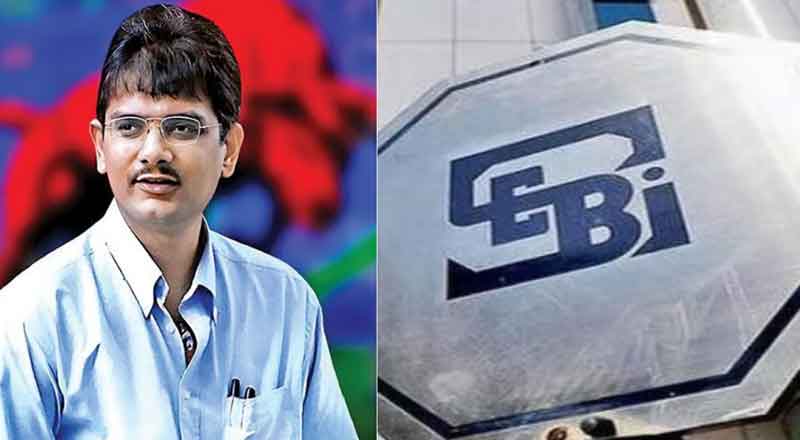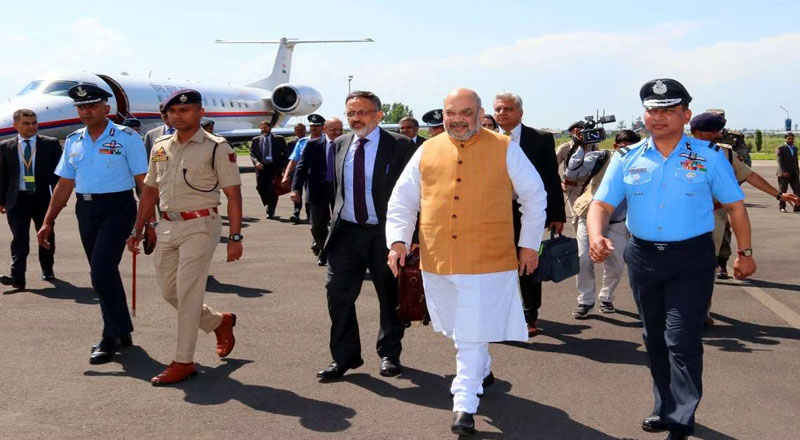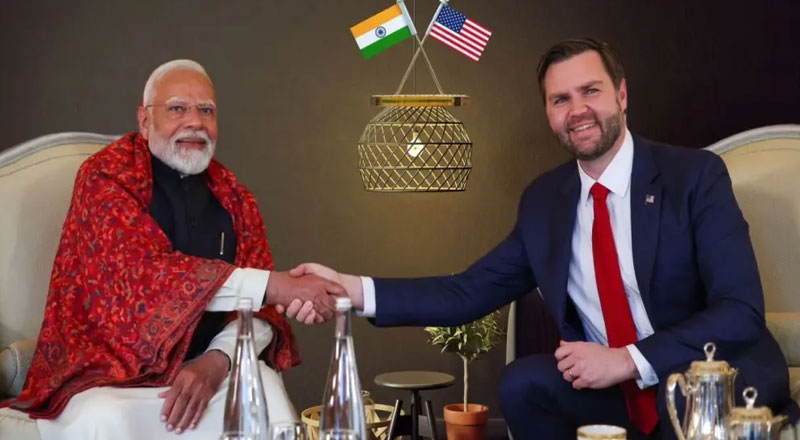Ketan Parekh, the former Mumbai stockbroker infamously banned by SEBI in 2003 for 14 years due to allegations of insider trading, price rigging, and illegal fund diversion, has once again come under scrutiny. Known for artificially inflating the prices of selected securities, dubbed “K-10 stocks,” Parekh’s past actions led to a major market crash, erasing billions of rupees in market capitalization.
In the latest development, Parekh has been implicated in a front-running scheme within India’s stock market, using insider information from a major foreign institutional investor. SEBI has issued an interim order banning Parekh and two associates from trading, citing violations involving non-public information (NPI).
SEBI’s investigation uncovered Parekh’s coordination with Rohit Salgaocar, a Singapore-based trader, to execute trades based on insider tips. The duo allegedly leveraged a network of mobile phones to generate unlawful profits amounting to ₹65.77 crore. The tips originated from Salgaocar, who had access to confidential trade data from a major US-based fund believed to be Tiger Global.
While Tiger Global is not accused of direct wrongdoing, its association with Parekh’s activities could harm its reputation in India. SEBI’s probe also revealed that Salgaocar had referral arrangements with entities like Motilal Oswal and Nuvama, earning commissions for facilitating trades by foreign portfolio investors (FPIs).
To evade detection, Parekh frequently changed phone numbers. However, SEBI traced one such number registered to Mamta Parekh through her Aadhaar details. This number was linked to a broader network of at least 10 connections associated with Parekh’s residence and movements. These findings provided critical evidence to expose the scheme.
Parekh and Salgaocar communicated with front runners who executed trades based on the insider information. SEBI’s investigation also highlighted the involvement of a major US-based asset manager operating multiple FPI funds, further deepening the case’s complexity.
All implicated parties, including Parekh and Salgaocar, have 21 days to respond to SEBI’s findings. As the case unfolds, it underscores the regulator’s increasing vigilance and technological prowess in tackling market manipulation.





